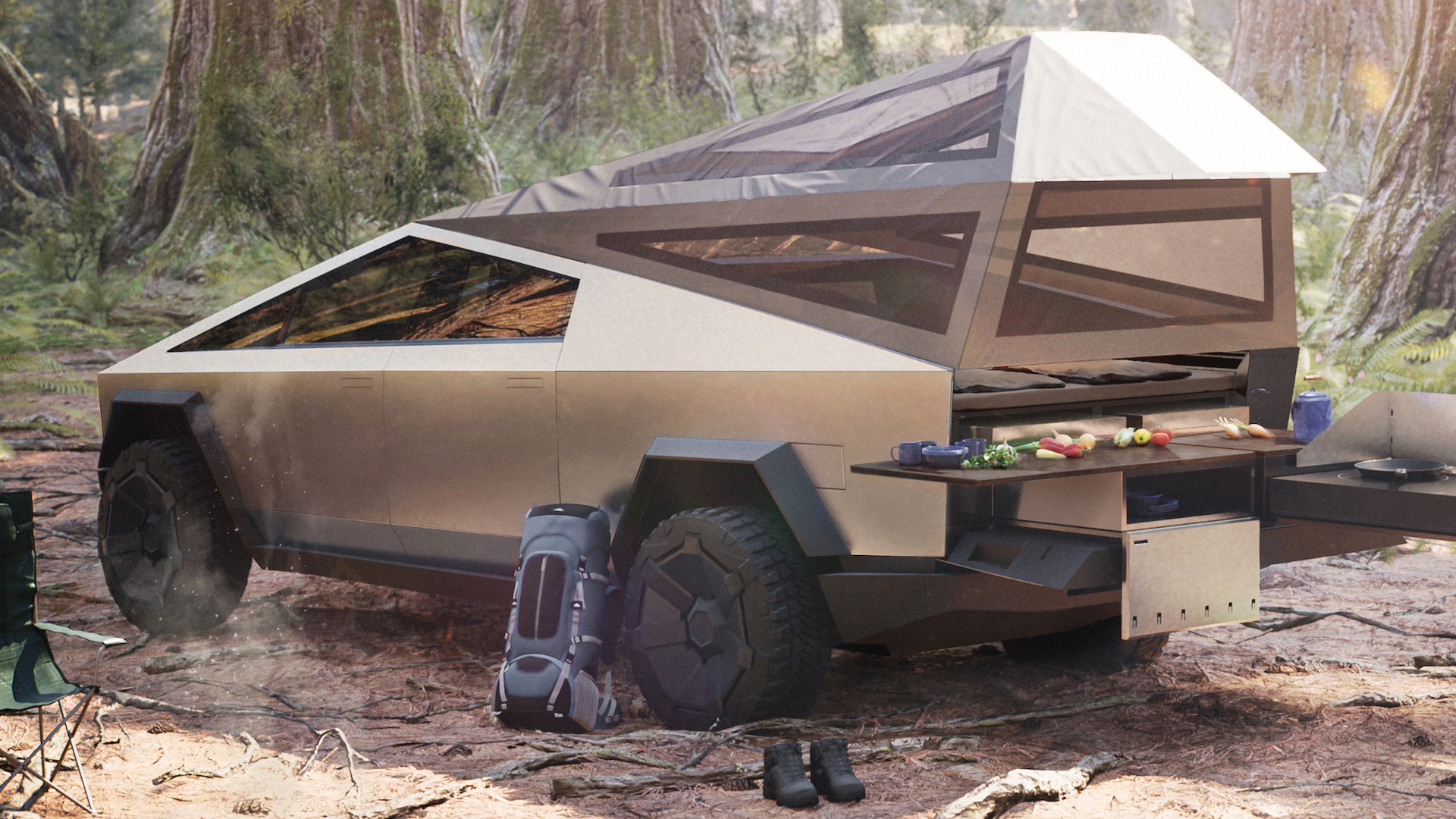

Ford may have committed to adopting Tesla’s EV charging connector, but that doesn’t mean the relationship is warming between the legacy automaker and the upstart. In fact, Ford CEO Jim Farley indicated he doesn’t see the Tesla Cybertruck coming for his bread and butter of F-series pickup trucks. That’s because, as he puts it, the Cybertruck is “for Silicon Valley people.”
Farley shared his opinions in a CNBC interview transcribed by Business Insider, stating, “the reality is, America loves an underdog—and we are the market leader for EV trucks and vans, and we know those customers better than anyone.”
“And if he [Elon Musk] wants to design a Cybertruck for Silicon Valley people, fine.”
Farley likened the Cybertruck to a “cool high-end product parked in front of a hotel,” adding, “I don’t make trucks like that. […] I make trucks for real people who do real work, and that’s a different kind of truck.”


Farley’s comment is unusual for automotive CEOs, who rarely directly acknowledge their competitors, much less criticize their products. His timing is especially noteworthy given how recently Tesla confirmed Ford’s access to the Supercharger network, when one would expect warmer diplomacy between companies. That said, Farley’s characterization of the Cybertruck versus his company’s F-150 Lightning is likely a fair one.
Of the electric pickups currently on sale in the United States, the Lightning is the best suited as a utility vehicle. It has the lowest starting price—admittedly not so low anymore—the largest bed, the highest payload rating, and competitive tow capacity. It’s also compatible with a plethora of existing F-150 accessories and add-ons.
The Tesla Cybertruck offers features that’d be useful in the same role, such as squatting rear suspension to ease loading, a corrosion-resistant body, seating for six, a claimed 3,500-pound payload, and up to 14,000 pounds of towing capacity. Its maximum claimed range of 500 miles wouldn’t hurt either.

That being said, elements of the Cybertruck could make it ill-suited as a work truck. Its high-riding off-road suspension is not naturally suited to heavy loads. Air suspension could balance its payload and rugged capability, but it would increase cost. High bed-sides which make loading more difficult and its novel stainless-steel exoskeleton likely won’t be very helpful in practice, either.
And while the Lightning has been in production for more than a year, the Cybertruck has been repeatedly delayed, with leaked documents in Wired outlining major engineering problems as of January 2022. Despite this, it’s supposedly on track to enter production this year after 24 months of delays.
Only when it’s on the road will we be able to compare the two, though the comparison is a bit of a foregone conclusion. The two EVs are developed for different purposes. It’ll be the Rivian R1T and GMC Hummer EV the Cybertruck keeps for company. They too have been in production for years now, and ironing out the kinks will take Tesla even more time—time that it no longer has to waste.
Got a tip or question for the author? You can reach them here: james@thedrive.com